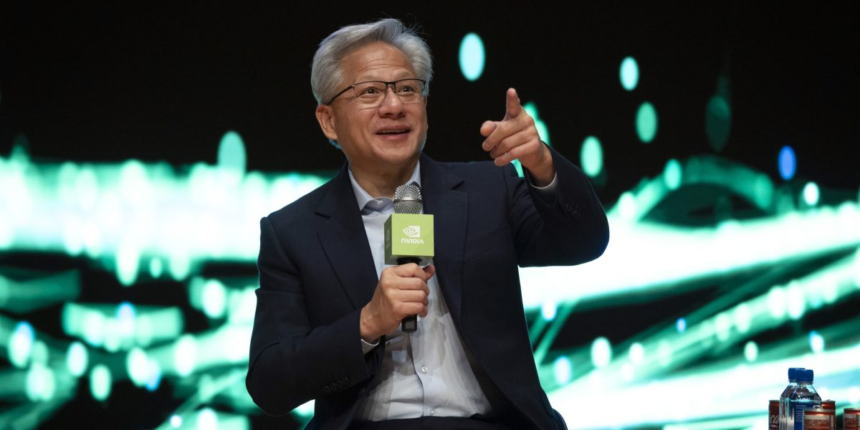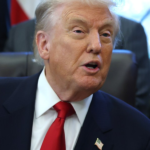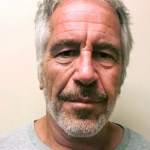Asked whether Nvidia intends to sell AI accelerators from that family of products in the Asian country, the tech chief said, “I don’t know. I hope so someday.”
Huang, speaking Friday in South Korea, expressed optimism that might change. “No decisions have been made, and we’ll see how it turns out,” said Huang, 62, of Nvidia’s Blackwell export plans. “I hope it turns out well.” The Nvidia chief said earlier this week that the company hasn’t applied for Washington’s permission to sell Blackwell chips to China, permits that are required under export controls first imposed in 2022.
But while Trump and Xi did discuss Nvidia’s access to China in general, Trump said after the meeting, those talks did not touch on Blackwell chip approvals: “We’re not talking about the Blackwell,” Trump told reporters aboard Air Force One. “That just came out yesterday.”
The legislation, an earlier version of which has already passed the Senate, would require chipmakers like Nvidia to prioritize American customers before selling chips to buyers in arms-embargoed countries, including China. Hours after Trump and Xi concluded their meeting, lawmakers introduced the highly-anticipated bill to the US House of Representatives.
One congressional staffer, who requested not to be identified, described a sense of uncertainty akin to a fog of war when asked how Trump’s stance on Blackwell chips was playing on Capitol Hill.
Read More: AI Chip Export Controls Backed by House After Trump-Xi Talks
Nvidia has criticized trade restrictions as hamstringing US competitiveness and lobbied aggressively against chip export controls more broadly. “I think it’s really good for America and it’s really good for China that Nvidia could participate in the Chinese market,” Huang said Friday. Nvidia’s argument is that restricting Chinese AI developers from using American chips will only push them toward domestic alternatives.
To be sure, participating in China would also be really good for Nvidia: the world’s most valuable company wrote down billions of dollars in revenue earlier this year when Trump’s team restricted sales of a less-advanced processor called the H20. Washington later reversed course and greenlit H20 chip shipments, but Beijing has discouraged Chinese companies from using those accelerators.
Trump said Thursday that Nvidia and the Chinese government will have to keep talking about the chipmaker’s access to the Asian nation’s market, which is the world’s biggest for semiconductors. Huang, though, said the topic didn’t come up during his meeting Friday with Ren Hongbin, Chairman of the China Council for the Promotion of International Trade.
“We were just talking mostly about enjoying each other’s company,” Huang said.









